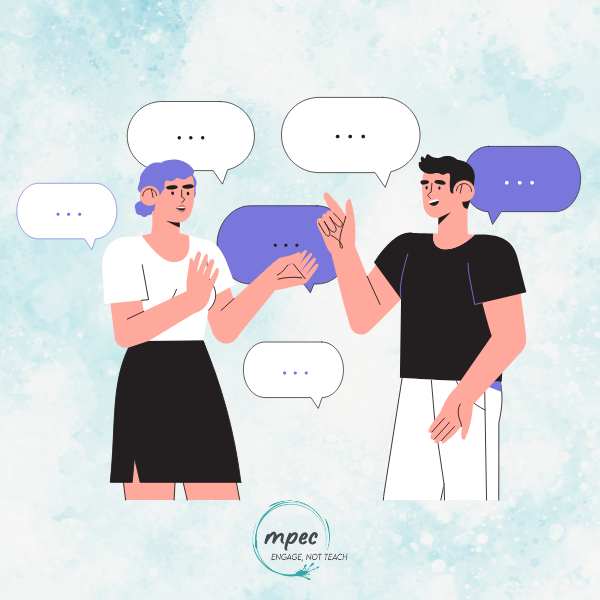In the fast-paced world of business, effective communication is key. To succeed, professionals must be proficient in expressing comparisons, whether it’s comparing products, analysing data, or evaluating performance.
Written with love by: My Personal English Coach
In this article, we’ll explore specific scenarios at work where the language of comparison comes into play. Through amusing examples and short dialogues, we’ll demystify this language and equip you with the skills to navigate comparison-based conversations with confidence and a touch of humour.
Comparing Products or Services:
Imagine you’re in a meeting discussing two potential suppliers for a project. Here’s how you can engage in a comparison dialogue:
Person A: “Supplier A offers a comprehensive range of products, but Supplier B specialises in customisation. It’s like choosing between an all-inclusive resort or a tailor-made vacation package.”
Person B: “Exactly! Supplier A might be a one-stop-shop, but Supplier B’s attention to detail is unparalleled. It’s like having a personal stylist for our project.”

Analysing Data and Statistics:

Analysing data is a common task in the business world. Here’s an example of a conversation between colleagues discussing market trends:
Person A: “Last quarter’s sales figures indicate a steady growth rate of 8%. However, our competitors experienced a surge of 15%. It’s like we’re a tortoise racing against hares.”
Person B: “True, but let’s not forget that our profit margins have increased by 12%. We may be the tortoise, but we’re steadily outpacing them in the long run.”
Evaluating Performance:
Performance evaluations are essential in any business setting. Here’s a light-hearted exchange between a manager and an employee:
Manager: “Your presentation skills are commendable, but your time management could use some improvement. It’s like watching a magician who pulls off amazing tricks but struggles to keep to their allotted time.”
Employee: “I appreciate the feedback, boss. I’ll work on my time management skills and strive to be more like a magician who delivers awe-inspiring performances right on schedule.”
Negotiating Contracts or Deals:
Negotiations often involve comparing different options to secure the best deal. Here’s an amusing conversation between a buyer and a supplier:
Buyer: “Your price is competitive, but your delivery time is longer compared to other suppliers. It’s like ordering a pizza and waiting an eternity for the delivery.”
Supplier: “I understand your concern. How about we expedite the delivery without compromising on the quality? That way, it’s like getting a piping hot pizza within minutes.”
Conclusione
Mastering the language of comparison is essential for effective communication in the business world. By employing witty comparisons and engaging dialogues, professionals can express their thoughts, analyse data, evaluate performance, and negotiate deals with flair and humor. So, go ahead and embrace the language of comparison—it’s the secret sauce that adds flavour and personality to your business conversations.
Remember, in the world of business English, a little humor can go a long way in building rapport and making a lasting impression. So, let your comparisons sparkle with wit and charm, and watch as your communication skills soar to new heights. Happy comparing, and may your business endeavours be as successful as a well-crafted analogy!
#FluiditàInglese #ApprendimentoInglese #Coaching #Personalizzazione #MaterialiReali #SyllabusB2 #formazione #formazioneolistica #corsisumisura #studiareconpiacere #engagenotteach #ESLLearning #LanguageSkills
#BusinessComparisonsMadeFun #MasteringBusinessLanguage #EngagingCommunicationSkills #WittyComparisonsInBusiness #LanguageOfComparisonInBusiness #HumorInBusinessEnglish #EffectiveCommunication #BusinessScenarios #BusinessLanguageSkills #CommunicationWithFlair





